20 Anti-Inflammatory Foods That Can Help You Feel Better
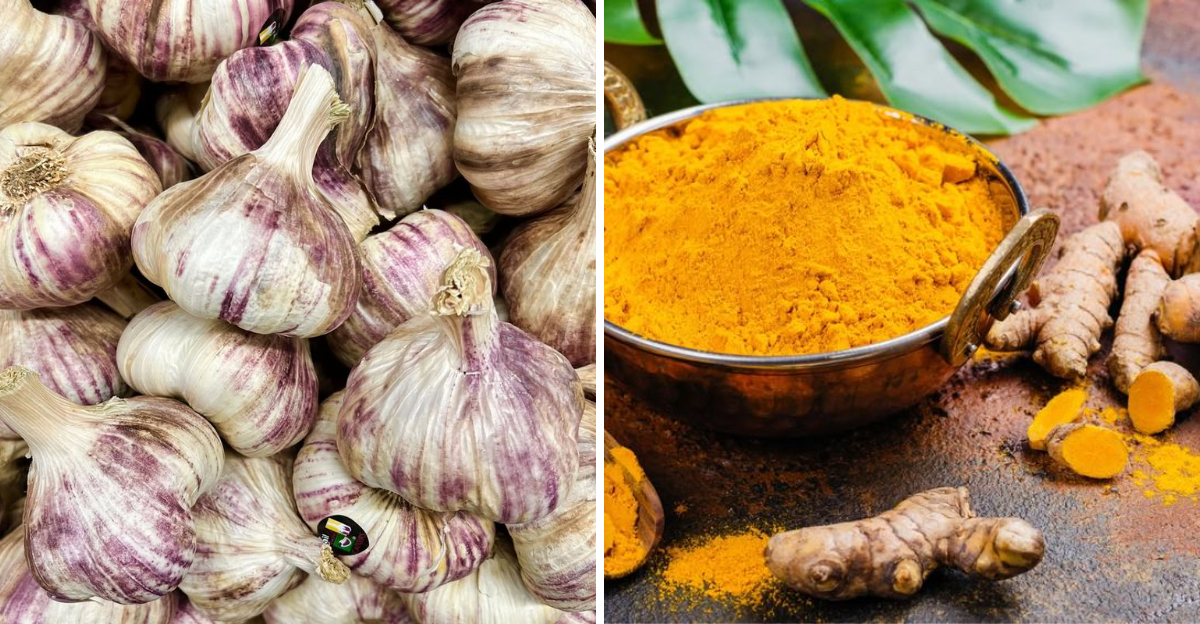
Chronic inflammation can lead to various health issues, but incorporating anti-inflammatory foods into your diet may help alleviate some of these effects. These foods are not only delicious but also packed with nutrients that support overall wellness. Below is a list of 20 foods known for their anti-inflammatory properties.
1. Blueberries
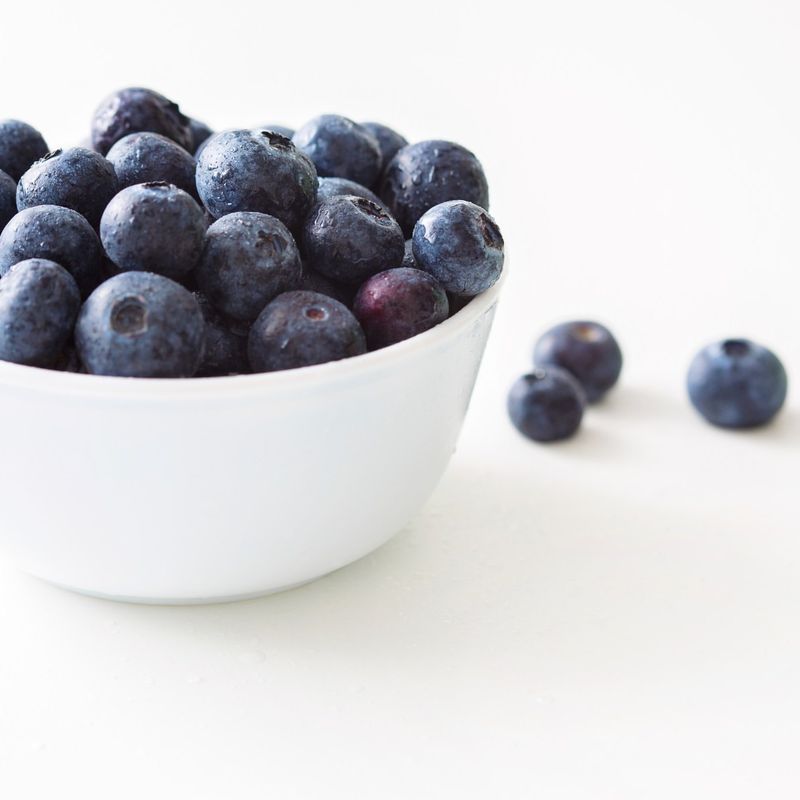
Blueberries are small but mighty when it comes to fighting inflammation. Packed with antioxidants, particularly anthocyanins, they help combat oxidative stress in the body. This can contribute to reducing inflammation markers and supporting heart health. Blueberries also provide vitamin C, which plays a role in boosting the immune system. Enjoy them as a snack, mix them into oatmeal, or add them to smoothies. Their sweet taste and nutritional benefits make them a popular choice for those seeking a healthier lifestyle. Remember, fresh or frozen, blueberries retain their health benefits and are a versatile fruit to include in your meals.
2. Salmon

Salmon is renowned for its high omega-3 fatty acid content, which plays a crucial role in reducing inflammation. These healthy fats are essential for cardiovascular health, helping to lower the risk of chronic diseases. Including salmon in your diet can aid in managing joint pain and improve brain function. Whether grilled, baked, or pan-seared, salmon is a delicious and versatile fish that can be prepared in numerous ways. For the best health benefits, opt for wild-caught salmon as it generally contains more omega-3s compared to farmed varieties. Enjoy salmon as a main dish or in salads and wraps.
3. Turmeric
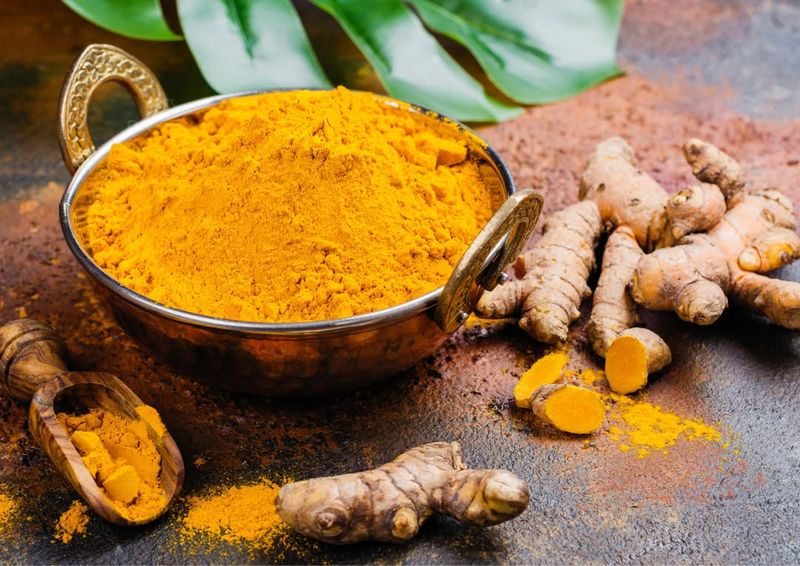
Turmeric has been used for centuries in traditional medicine for its anti-inflammatory properties. Curcumin, the active compound in turmeric, is a powerful antioxidant that helps reduce inflammation at the cellular level. Incorporating turmeric into your diet may help with conditions like arthritis and digestive issues. It’s often used in cooking, particularly in curries and soups, or as a supplement for more concentrated benefits. To enhance its absorption, pair turmeric with black pepper. This golden spice not only adds flavor but also contributes to your well-being through its natural healing properties.
4. Spinach
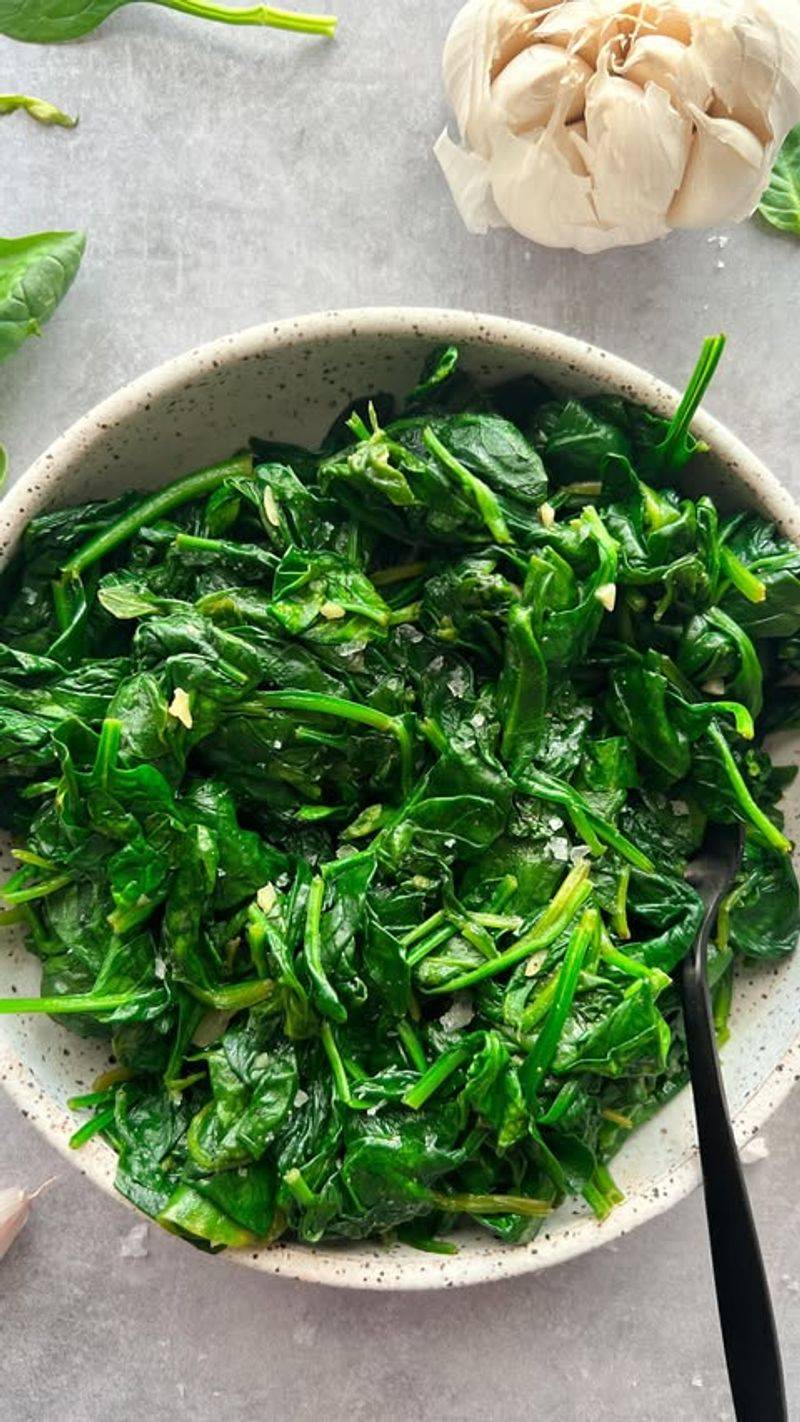
Spinach is a leafy green powerhouse brimming with nutrients that help fight inflammation. Rich in vitamins A, C, and K, as well as folate and iron, spinach supports various bodily functions. Its antioxidant properties help neutralize free radicals, reducing the risk of chronic inflammation. Spinach is versatile and can be enjoyed raw in salads, blended into smoothies, or cooked in various dishes. Its mild flavor makes it a favorite among many. Regular consumption of spinach can aid in maintaining eye health, promoting bone strength, and boosting the immune system, making it a staple in anti-inflammatory diets.
5. Almonds
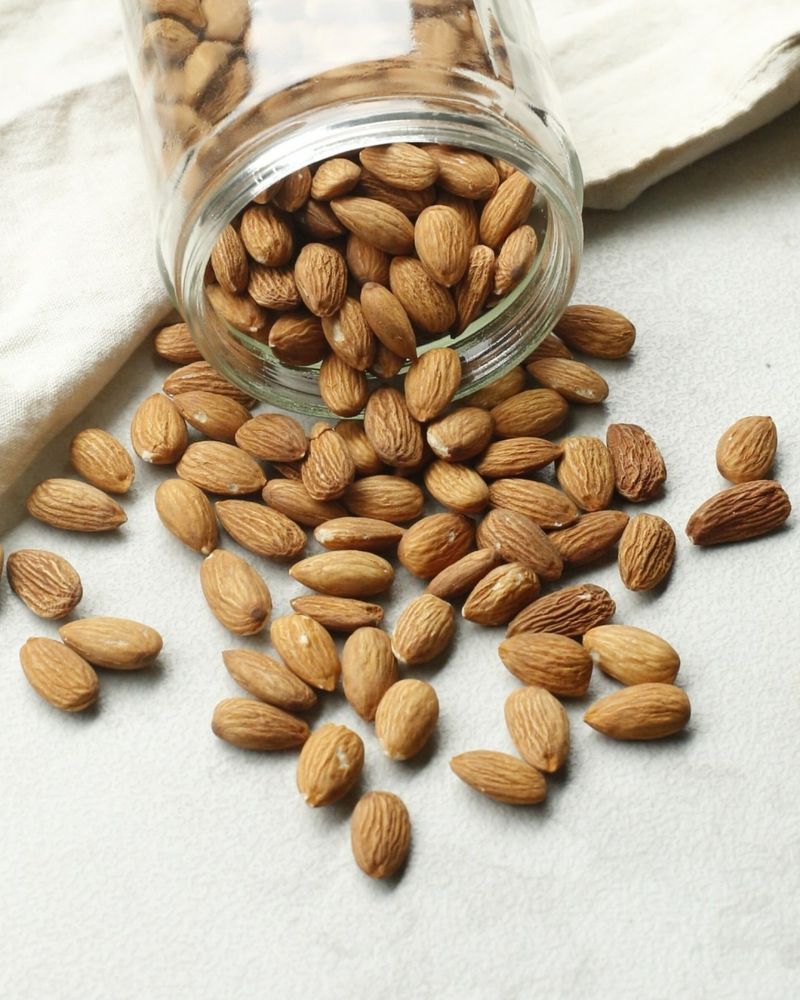
Almonds are not only a convenient snack but also a great source of healthy fats and antioxidants. Rich in vitamin E, they help combat inflammation and support skin health. Almonds also provide magnesium, which plays a role in reducing inflammation throughout the body. Enjoy them as a snack, add them to your breakfast cereal, or use them in baking. Almonds are versatile and can be incorporated into many recipes. Opt for raw or unsalted almonds to get the most benefits. Including almonds in your diet can contribute to heart health and help maintain cholesterol levels.
6. Chia Seeds
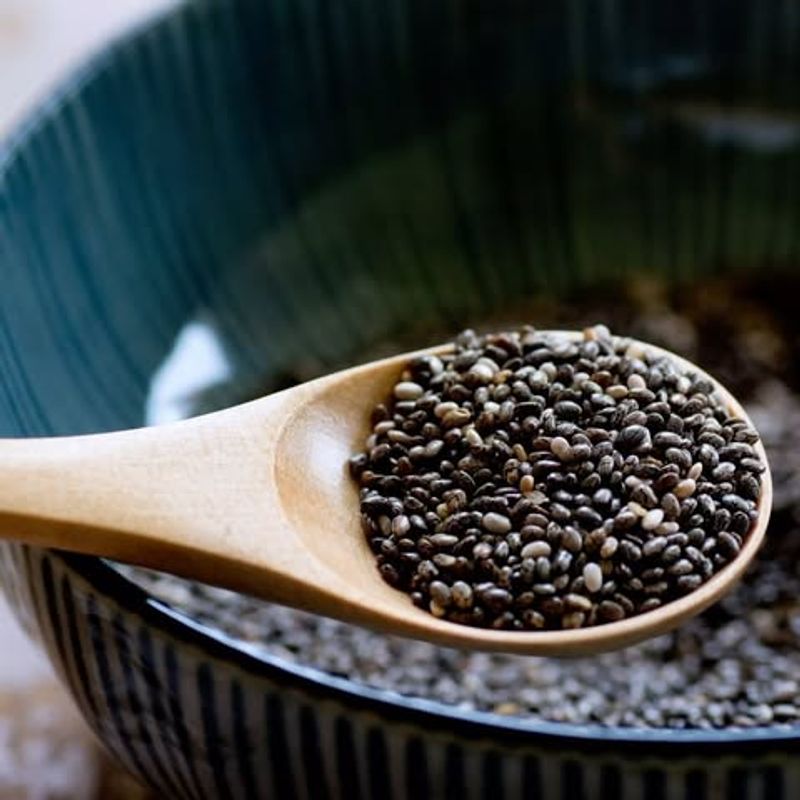
Chia seeds are tiny but full of powerful nutrients that combat inflammation. High in omega-3 fatty acids and fiber, they help reduce inflammation and promote digestive health. Their gel-like consistency when soaked makes them a popular addition to puddings and smoothies. Chia seeds are also a good source of protein, making them an excellent choice for those on plant-based diets. Sprinkle them on yogurt, oatmeal, or include them in baking recipes. Despite their size, chia seeds pack a nutritional punch that supports heart health and contributes to a balanced diet. They are easy to incorporate into meals.
7. Broccoli
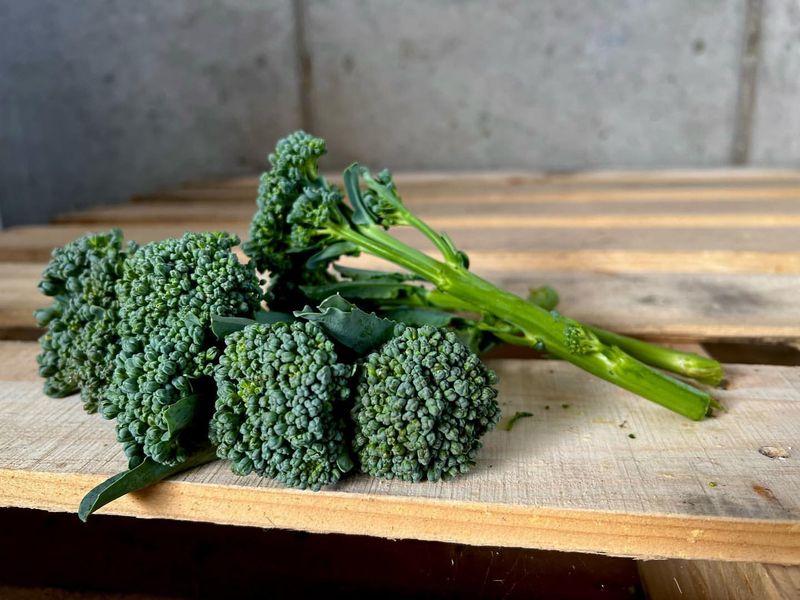
Broccoli is a cruciferous vegetable known for its impressive nutrient profile and anti-inflammatory properties. Rich in vitamins C and K, fiber, and antioxidants, broccoli helps reduce inflammation and supports immune health. Sulforaphane, a compound found in broccoli, is particularly effective in fighting inflammation and protecting against chronic diseases. Include broccoli in your meals by steaming, roasting, or adding it to stir-fries. Its versatility and mild flavor make it a great addition to a variety of dishes. Regular consumption of broccoli can aid in detoxification, support heart health, and promote a healthy digestive system.
8. Avocado
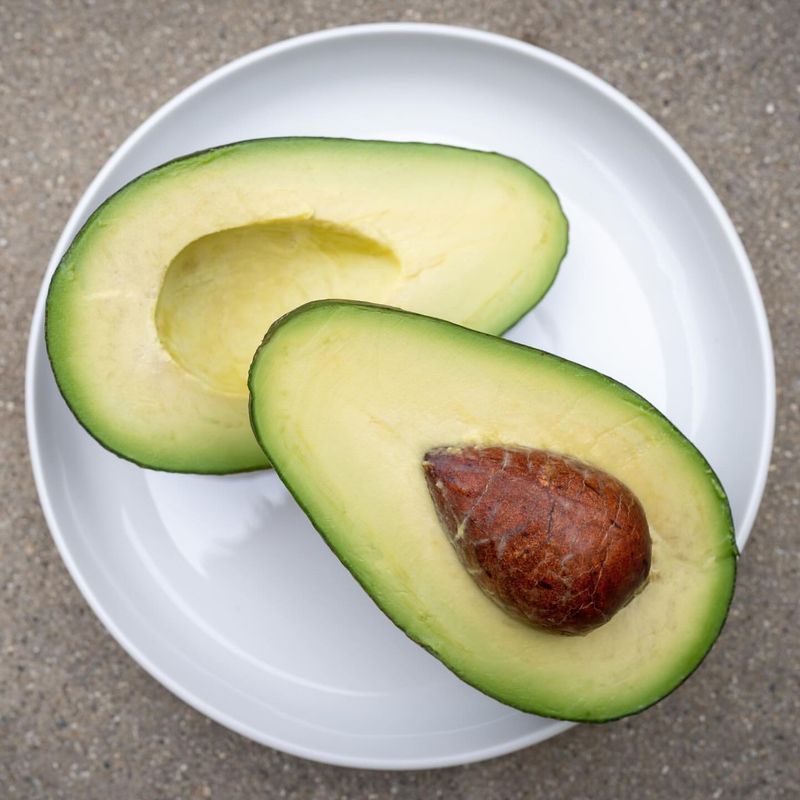
Avocado is a creamy, nutrient-rich fruit that offers numerous health benefits, including anti-inflammatory properties. Packed with monounsaturated fats, particularly oleic acid, avocados help reduce inflammation and support heart health. They also contain fiber, potassium, and a host of vitamins, making them a well-rounded addition to any diet. Enjoy avocados as a spread, in salads, or as a topping for toast. Their creamy texture and mild flavor make them a versatile ingredient in both savory and sweet dishes. Including avocados in your meals can help improve cholesterol levels and support overall wellness.
9. Olive Oil

Olive oil is a staple in the Mediterranean diet, known for its heart-healthy and anti-inflammatory benefits. Rich in monounsaturated fats and antioxidants, particularly oleocanthal, olive oil helps reduce inflammation and protect against chronic diseases. Use extra virgin olive oil in salad dressings, for sautéing vegetables, or as a finishing touch to dishes. Its rich flavor enhances a variety of meals while providing health benefits. Opt for high-quality extra virgin olive oil to maximize its nutritional properties. Incorporating olive oil into your daily diet can promote cardiovascular health and support a balanced lifestyle.
10. Ginger
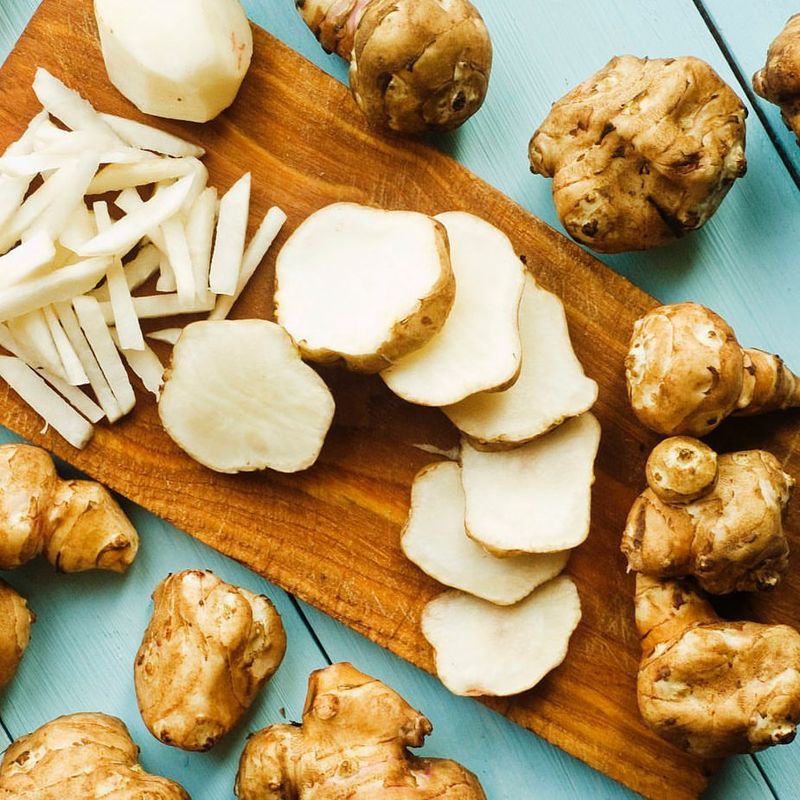
Ginger is a zesty spice with powerful anti-inflammatory effects, commonly used in cooking and traditional medicine. The active compounds, gingerols, help reduce inflammation and alleviate pain, particularly in joints. Ginger can be consumed fresh, powdered, or as a tea, making it easy to incorporate into daily meals. Its warming flavor adds depth to both sweet and savory dishes. Including ginger in your diet may help with digestion, nausea, and colds. Its versatile nature and health benefits make ginger a great addition to an anti-inflammatory diet. Enjoy it in teas, smoothies, or as a seasoning.
11. Green Tea
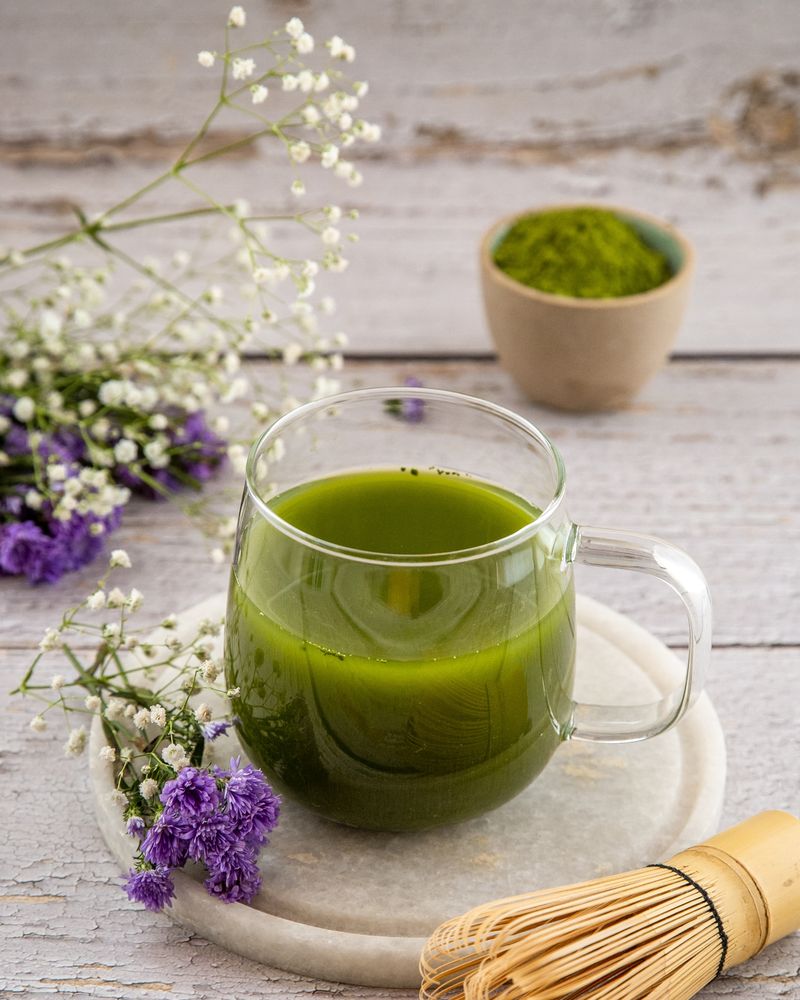
Green tea is a soothing beverage packed with antioxidants, particularly catechins, which have anti-inflammatory properties. Regular consumption of green tea can help reduce the risk of chronic illnesses and support brain health. Its calming effect makes it a popular choice for relaxation. Enjoy green tea hot or cold, plain, or with a touch of lemon or honey for added flavor. Incorporating green tea into your routine can support weight management and enhance metabolism. Its numerous health benefits, combined with its refreshing taste, make green tea a valuable addition to a healthy lifestyle.
12. Walnuts
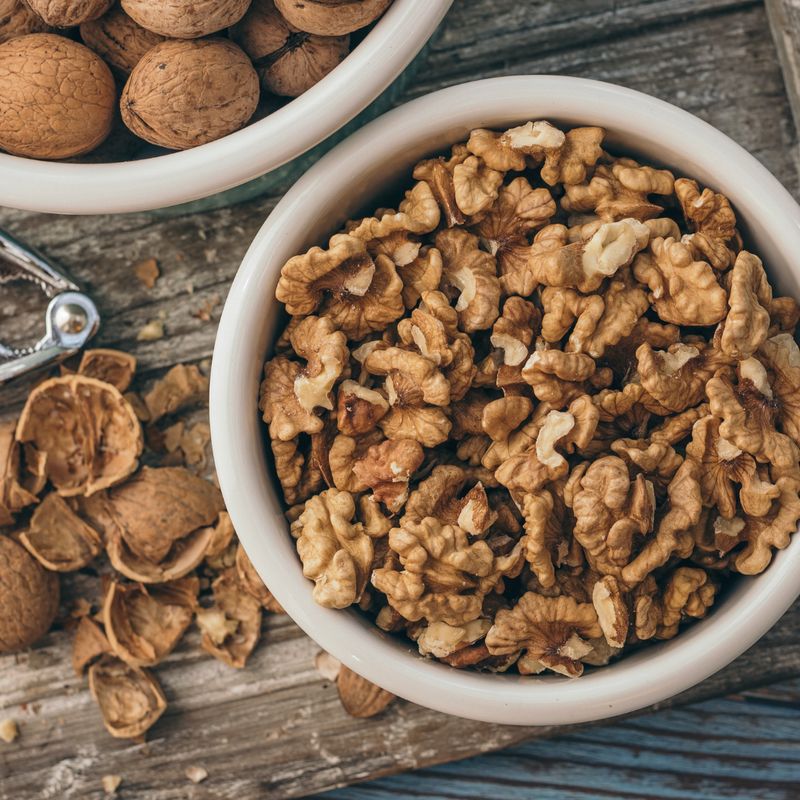
Walnuts are a nutrient-dense nut, rich in omega-3 fatty acids and antioxidants that help reduce inflammation. They also provide fiber, protein, and essential vitamins and minerals. Walnuts can be enjoyed as a snack, added to salads, or used in baking. Their rich, nutty flavor complements both sweet and savory dishes. Regular consumption of walnuts supports heart health, brain function, and may help manage weight. Choose raw or lightly roasted walnuts to maximize their health benefits. Including walnuts in your diet is an easy way to enhance nutritional intake and promote overall well-being.
13. Kale
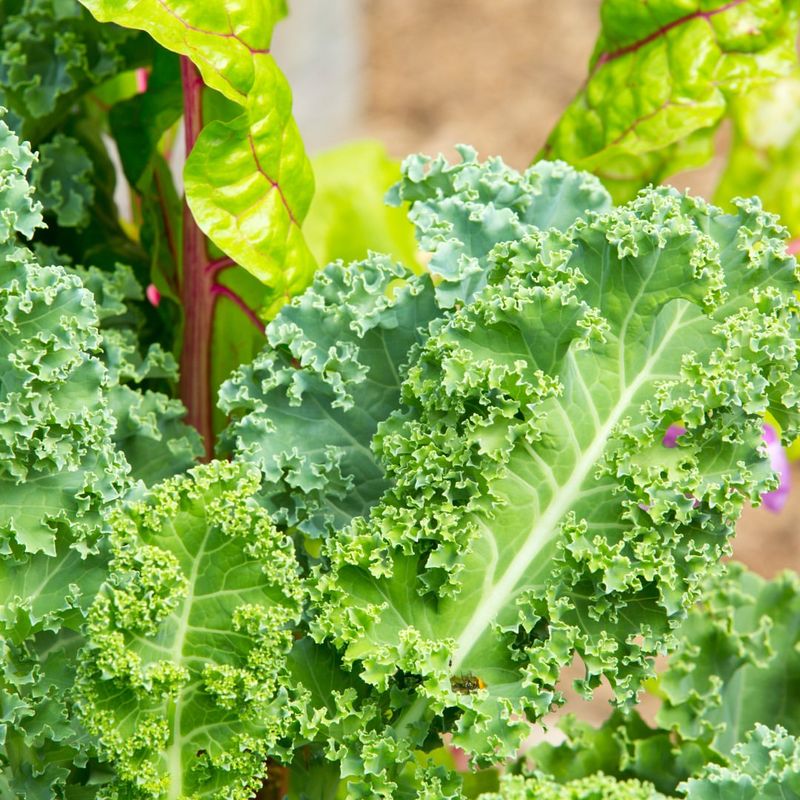
Kale is a leafy green vegetable loaded with nutrients that contribute to its anti-inflammatory properties. Rich in vitamins A, C, and K, as well as antioxidants and fiber, kale supports immune health and reduces inflammation. Its slightly bitter taste can be enjoyed raw in salads, blended into smoothies, or cooked in soups and stews. Kale chips are a popular snack for their crunch and health benefits. Including kale in your diet can aid in detoxification, support bone health, and provide essential nutrients. Its versatility and nutrient density make kale a valuable addition to meals.
14. Quinoa
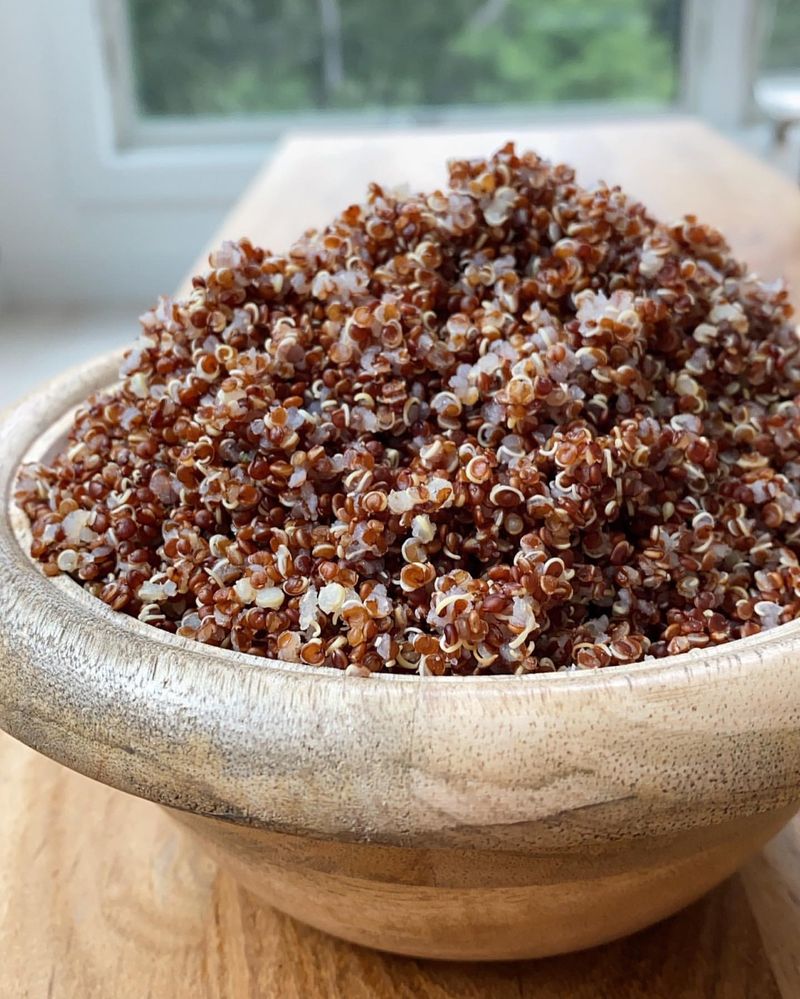
Quinoa is a gluten-free grain that is high in protein and fiber, offering anti-inflammatory benefits. Its nutrient profile includes essential amino acids, vitamins, and minerals that support overall health. Quinoa is versatile, making it a perfect base for salads, a side dish, or a breakfast porridge. Its mild, nutty flavor complements a variety of ingredients. Regular consumption of quinoa can aid in digestion, support weight management, and provide sustained energy. Incorporating quinoa into your meals adds a nutritious and filling element that aligns with a healthy lifestyle and anti-inflammatory diet.
15. Tomatoes
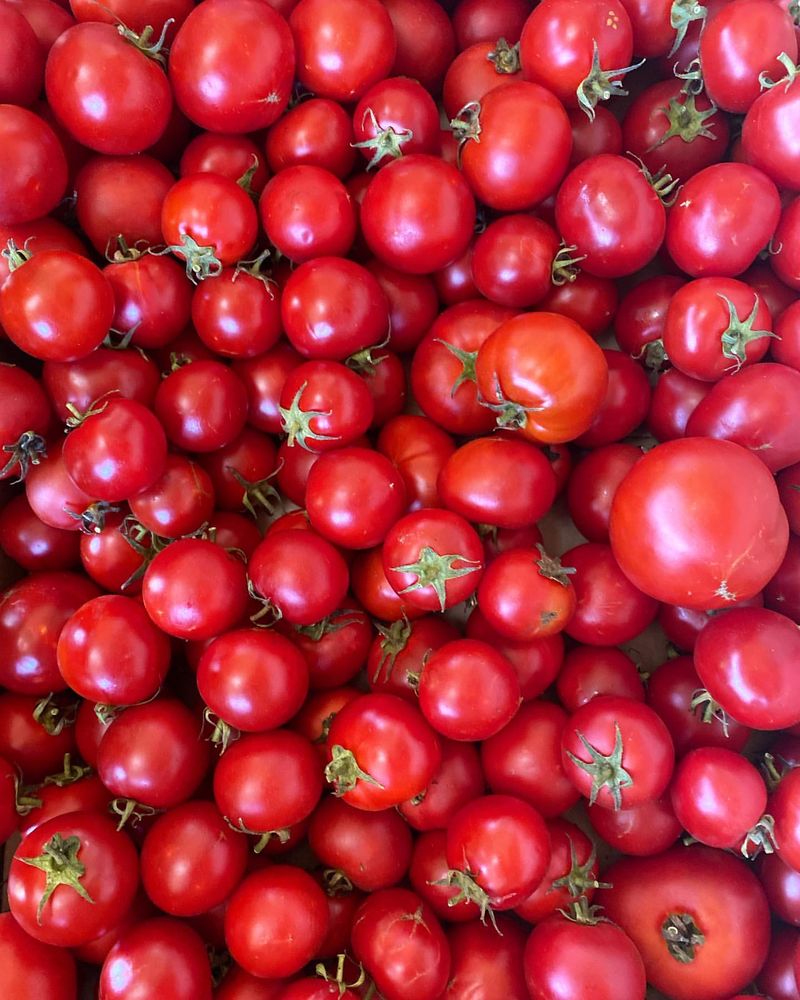
Tomatoes are juicy fruits rich in lycopene, an antioxidant that provides anti-inflammatory benefits. They are also high in vitamin C and potassium, supporting heart health and immune function. Enjoy tomatoes fresh in salads, cooked in sauces, or roasted for added depth of flavor. Their versatility makes them a staple in many cuisines. Consuming tomatoes regularly can help reduce inflammation and lower the risk of chronic diseases. Choose fresh or canned tomatoes without added sugars or preservatives to maximize their health benefits. Their vibrant taste and health-promoting properties make tomatoes a valuable addition to any diet.
16. Dark Chocolate

Dark chocolate, especially varieties with high cocoa content, is rich in antioxidants that offer anti-inflammatory benefits. Consuming dark chocolate in moderation can support heart health and improve brain function. Its rich, intense flavor makes it a satisfying treat. Enjoy dark chocolate on its own, or use it in baking and desserts. Opt for dark chocolate with at least 70% cocoa for the most health benefits. Including a small amount of dark chocolate in your diet can provide a delicious way to support overall well-being while satisfying your sweet cravings responsibly.
17. Beets
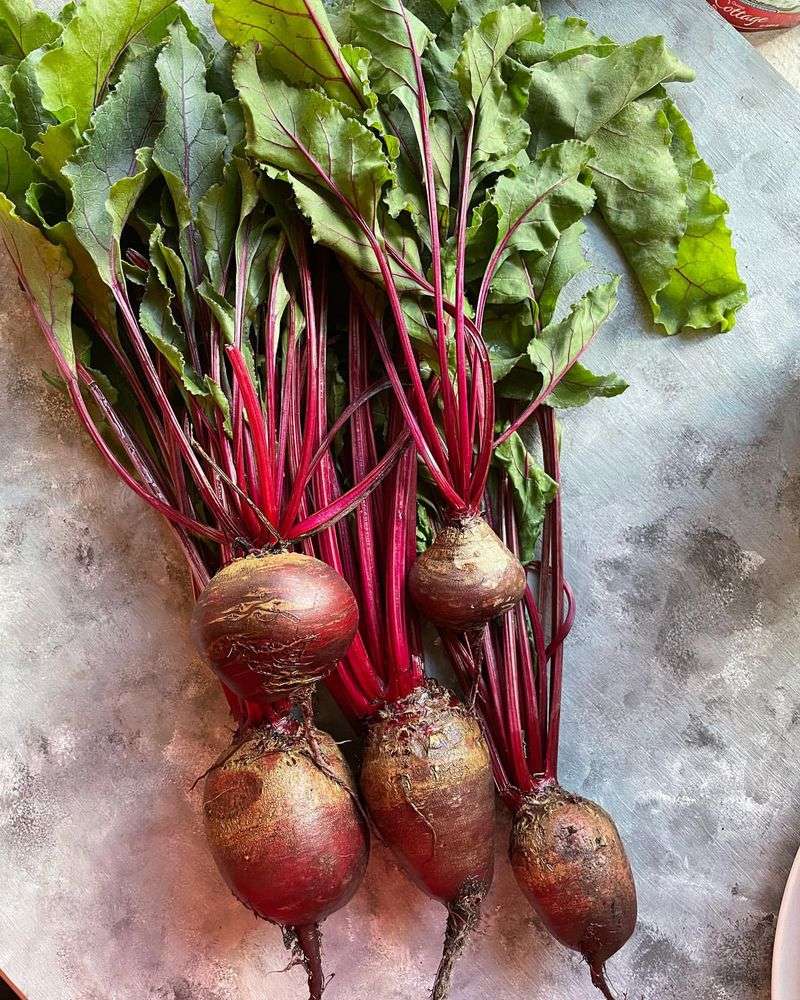
Beets are a root vegetable known for their vibrant color and anti-inflammatory properties. Rich in betalains, antioxidants, and fiber, beets help reduce inflammation and support heart health. Enjoy beets roasted, boiled, or raw in salads. Their earthy flavor and natural sweetness add depth to various dishes. Including beets in your diet can aid in detoxification, boost stamina, and improve digestion. Choose fresh beets for the best flavor and nutritional benefits. Beets are versatile and can be easily incorporated into meals, providing a colorful and healthful addition to your anti-inflammatory diet.
18. Bell Peppers
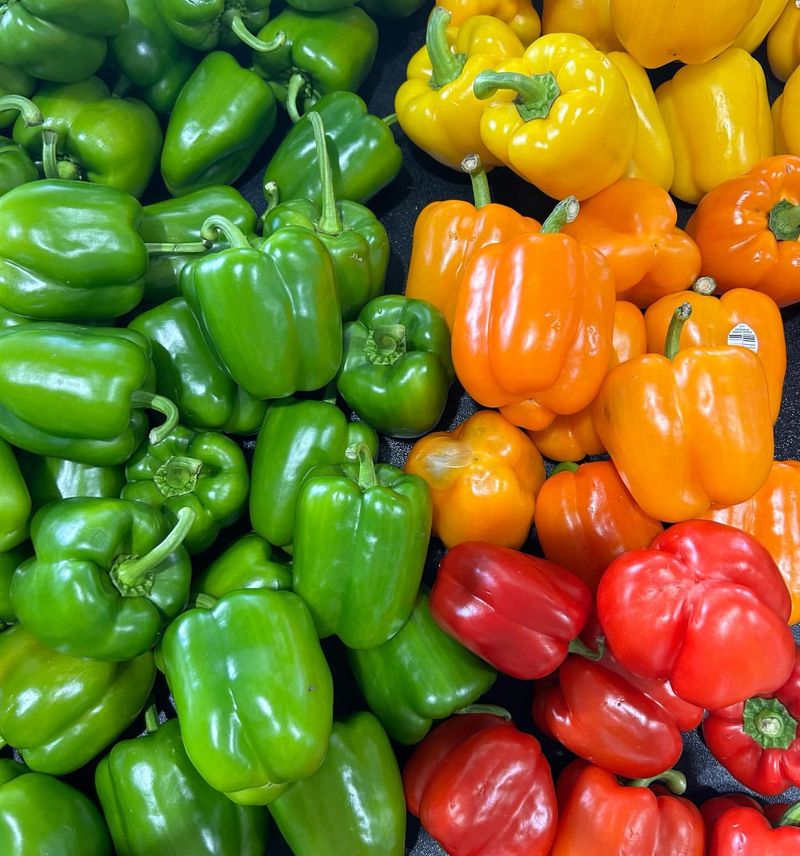
Bell peppers are crunchy, colorful vegetables loaded with vitamins A, C, and E, contributing to their anti-inflammatory properties. They also contain antioxidants that help reduce inflammation and support immune health. Enjoy bell peppers raw, grilled, or roasted in salads, stir-fries, or as a crunchy snack. Their sweet and tangy flavor makes them a favorite in many cuisines. Regular consumption of bell peppers can enhance skin health, improve vision, and promote overall wellness. Including a variety of colored bell peppers in your diet ensures a range of nutrients and a visually appealing dish.
19. Pineapple

Pineapple is a tropical fruit known for its sweet taste and anti-inflammatory enzyme, bromelain. This enzyme helps reduce inflammation and supports digestion. Enjoy pineapple fresh, juiced, or in fruit salads. Its refreshing flavor makes it a popular choice for desserts and beverages. Including pineapple in your diet can aid in recovery from sports injuries and improve gut health. Choose ripe pineapples for the sweetest flavor and most nutrients. Pineapple’s unique taste and health benefits make it a delightful and beneficial addition to your meals, especially for those seeking anti-inflammatory foods.
20. Garlic
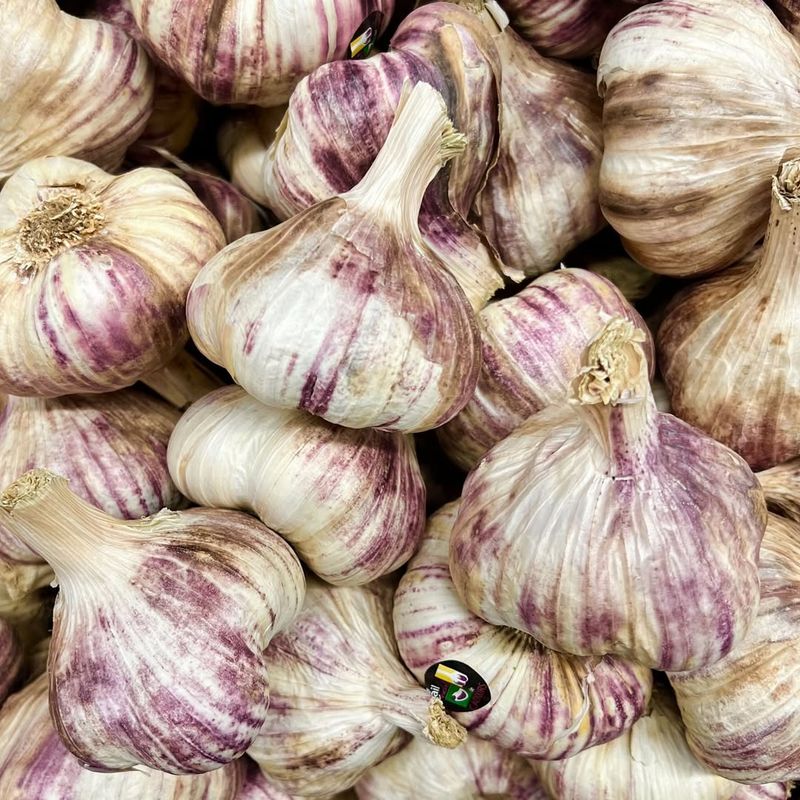
Garlic is a pungent and flavorful herb used in cooking for its health-promoting properties. Rich in sulfur compounds, particularly allicin, garlic helps reduce inflammation and boost immune function. Incorporate garlic into dishes by sautéing, roasting, or using it raw for a more intense flavor. Its versatility makes it a staple in kitchens worldwide. Regular consumption of garlic can support heart health, improve circulation, and act as an antibacterial agent. Including garlic in your diet not only adds depth to meals but also contributes to overall wellness with its natural anti-inflammatory properties.
